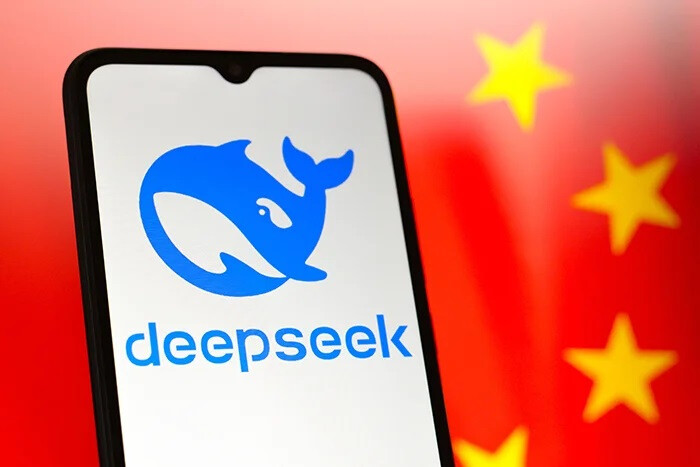
Major South Korean companies, including platform giants like Naver and Kakao, as well as telecommunication companies and banks, are increasingly blocking access to DeepSeek, a Chinese generative AI, due to growing security concerns. This move follows similar actions by government agencies and has led to a sharp decline in DeepSeek's daily users in South Korea.
DeepSeek's extensive collection of user data and its storage on Chinese servers have raised alarms about potential security risks. Unlike other AI models that offer enterprise subscription plans with data protection features, DeepSeek does not provide such options, making it difficult for companies to ensure the security of their data when using the platform.
The move to block DeepSeek is not the first time South Korean companies have restricted access to AI models due to security concerns. Previously, companies have taken similar measures against other AI models due to concerns about data learning. However, the case of DeepSeek is particularly notable due to the company's data collection practices and the lack of data protection options.
The impact of these restrictions is evident in the sharp decline in DeepSeek's daily users. According to Mobile Index, a mobile app statistics platform, the number of daily users of the DeepSeek app in South Korea has dropped by nearly 70% in just one week.
Despite the security concerns, some users are exploring alternative ways to utilize DeepSeek without compromising their data. One method involves downloading the open-source model and using it on personal computers in an "on-device" mode, which eliminates the need for server connection and reduces the risk of data leakage.
The DeepSeek case highlights the growing tension between the benefits of generative AI and the potential security risks. As AI models become more powerful and widely used, companies and individuals must carefully consider the security implications of using these technologies.
[Copyright (c) Global Economic Times. All Rights Reserved.]




























